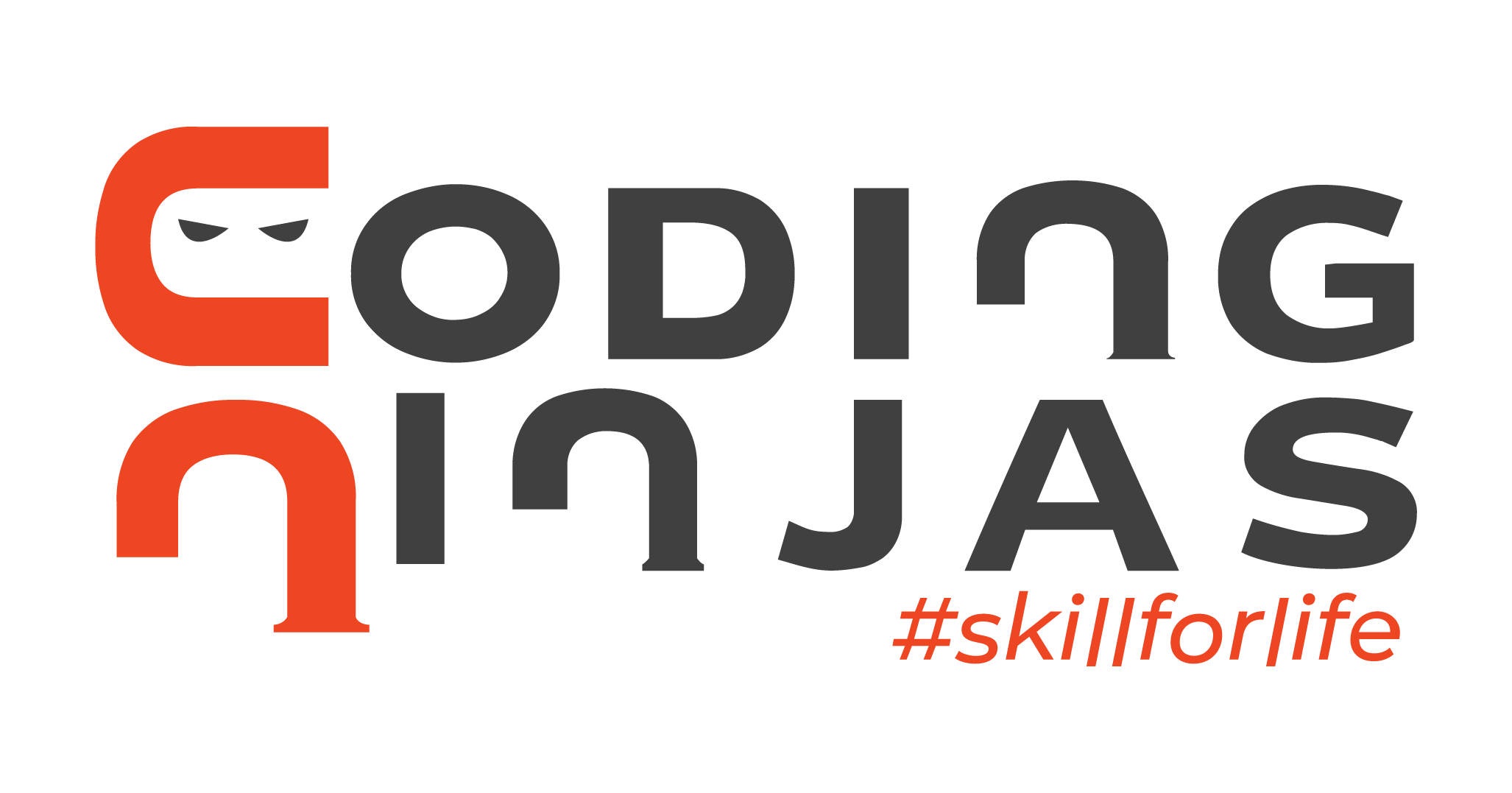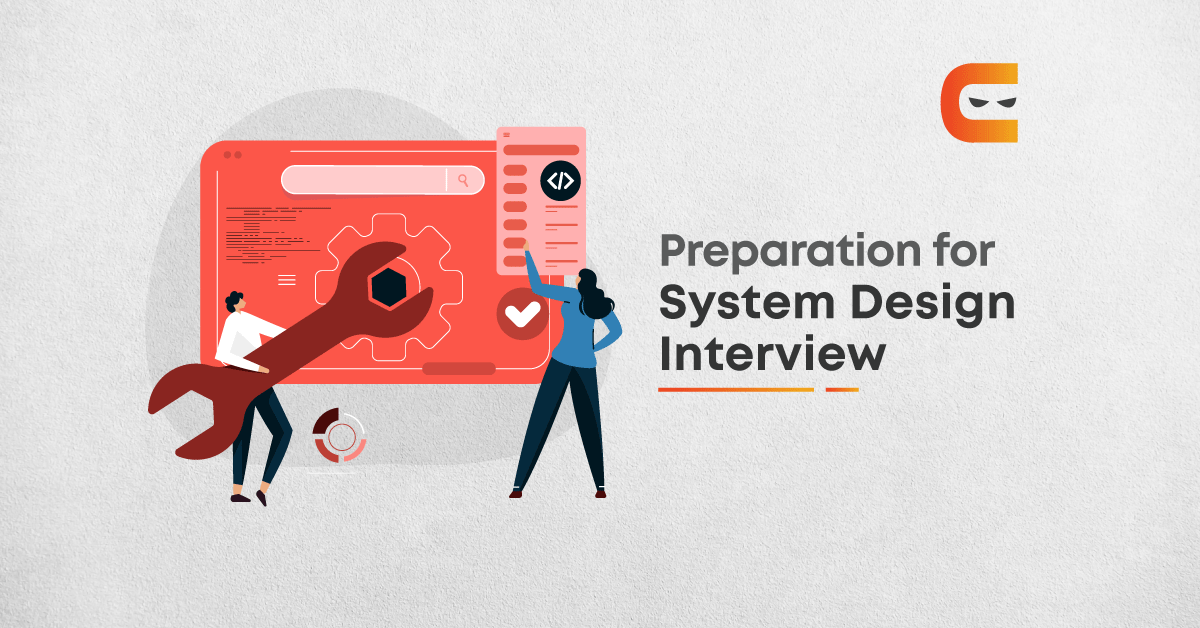Table of Contents
Introduction
System design requires high-level thinking that is vastly different from working with components or low-level design.
System design interviews are geared towards evaluating how well you can design system architectures and make a set of components work together.
SaaS or other software needs to be pre-designed before the components are developed.
System Design works with not only the components but the interfaces, data, and modules that make the system function according to the requirements. Ideally, these interviews try to figure out how many technologies candidates are aware of while keeping in mind what their tradeoffs and substitutes are.
What is the Purpose of System Design Interviews?
System design interviews are not focused on finding out if candidates are great with individual components, but rather, interviewers are more interested in how great a candidate performs when working on the system as a whole.
Software engineers will eventually need to sit for system design interviews in their career, even if not as a fresher, definitely when applying for higher positions. Thus, system design is a very important area to stress upon, and budding engineers must start preparing even before applying for software engineering roles.
However, if you have your interview in the next few weeks or days, then there are certain things you can do to perform better during the interview.
To-do list: System Design Interview
You can also choose the best course for system design to prepare yourself for system design interviews. But, in order to fully impress your interviewer when designing a system, there are some things you need to keep in mind.
Defining requirements and specs effectively
The initial goals should be clear and the main functions that the service or application will have must be justified. For example, a social media application will have features such as hosting multiple users, uploading pictures, automating a news feed, and all the other necessary microservices.
Outline the high-level design before low-level designing
Candidates must first outline the design of the entire architecture before diving into individual components or details. This is necessary in order to avoid going too far in the wrong direction and confusing the right approaches in the process. This also saves time by ignoring the irrelevant specifics when there is not enough time.
Specify individual components alongside their interactions
This is the part where we can identify each component and what its role is in the system. Here, we must specify how the components interact with each other and what their tradeoffs are. We can also choose to discuss alternatives or substitutes that will result in better performance in different areas. Candidates must show a deeper understanding of the results of changes in each set of components as well, for example, discussing the data storage layouts or API of choice.
Declare the hardware specifications and prepare for deployment
This is the final step to acing the interview. Here, candidates must be careful when declaring the hardware that is required, for example, the number of machines that are required, the total RAM required, the CPU and processing power, bandwidth, and frequency of data.
Candidates may choose to talk about deployment approaches and the various options for deploying the project. Candidates are also expected to be able to answer how to scale the project or support more users parallelly. They can also choose to talk about the cost that will be incurred when running the machines or for the bandwidth.
Common Interview Questions
System design best courses prepare candidates in designing the actual system or application but in order to face the interviewers from reputed companies, one must extensively practice the most common questions that are asked in system design interviews.
Here are some common questions that candidates are asked:
- Why use Django and not Flask?
- Did you employ a database? Which database did you use?
- How would you scale your past projects?
- What are some failures you have experienced in your projects?
Here are some services or applications candidates are asked to design:
- Social media or networking service
- URL shorteners
- Designing Uber
- Designing Twitter
- Video or audio streaming services like Netflix
- Consistent Hashing
Here is an example of what candidates are expected to build during system design interviews:
- Design a coffee shop management system in Flask.
- The system follows the SAAS approach and allows all the stores in the chain to log into the service.
- It has an API that inserts price, ingredients, shop ID, and stocks.
- The employees can check their timesheets and shifts through services such as Google calendar.
- The service has a hashing mechanism that allows unique identifiers assigned to employees, shops, and the menu.
- Use pytest for testing the units while Travis helps in building and testing every commit that is made to a GitHub repository.
- If tests are successful, then docker images are stacked in Dockerhub and deployed to Heroku.
- One can then use the ELK stack to monitor and log the performance.
Frequently Asked Questions
You can prepare for a system design interview by going through a system design interview course or by completing a system design certification. Additionally, you can practise building the entire architecture of different kinds of projects and then deploy them.
System design interview questions should be handled in a periodical order and by analysing the requirements of the system extensively before making any assumptions. Candidates must be careful about defining the system well in accordance with the technologies at hand. One should also be careful when planning out how to deploy the system or application.
One looks for clarity in system design interviews. One also expects a deeper understanding of the tradeoffs that were made in order to make the system function effectively.
System design interviews can seem hard for engineers or freshers who have worked with low-level designing or component-level tasks. System design requires a deeper understanding of application architectures, but with enough practice and system design training, it is quite easy to ace system design interviews.
System design is not necessarily hard but tasks related to core system design is generally delegated to senior software engineers or managers. Thus, though it is not hard, it requires extensive practice, a bit of experience with system designing, system design courses and a lot of knowledge about technologies and their tradeoffs.
System design interviews generally are for about 45 minutes but they can last for an hour or so. The duration of the interviews is dependent on the companies and the position you are applying for.
W
Grokking the system design interview course or Grokking system design course is a concise and brief course designed to land high-level jobs in IT companies. Grokking the system design course has been developed by managers from companies such as Amazon, Facebook, Google and Microsoft. Grokking the design interview is one of the most popular approaches to preparing for system design interviews.
High-level designing is involved with designing the architecture of the entire system while low-level designing focuses on individual components.
System analysis is the process of evaluating or identifying the goals of the system and planning out systems that will achieve these goals in the most effective way. System analysis and design courses or system design courses online are recommended to learn more about system analysis and why it is important.
Key Takeaways
The best system design courses can definitely help get a better grip of designing full system infrastructures. System design online courses allow candidates to acquire an understanding of how high-level designing works.
However, in order to truly ace your system design interviews, practical experience is highly recommended alongside the actual deployment of projects. Candidates must go through the entire process of designing full architectures to truly analyze all their failures and successes.
This allows system designers to learn better methods of system planning and adopt more suitable approaches.















Leave a Reply